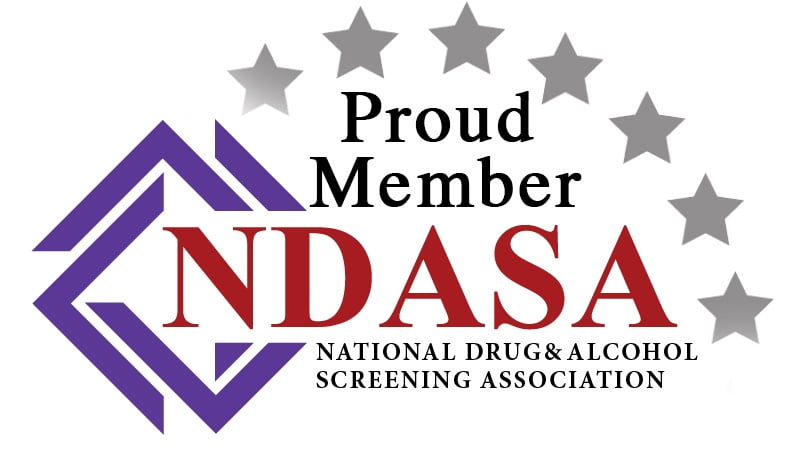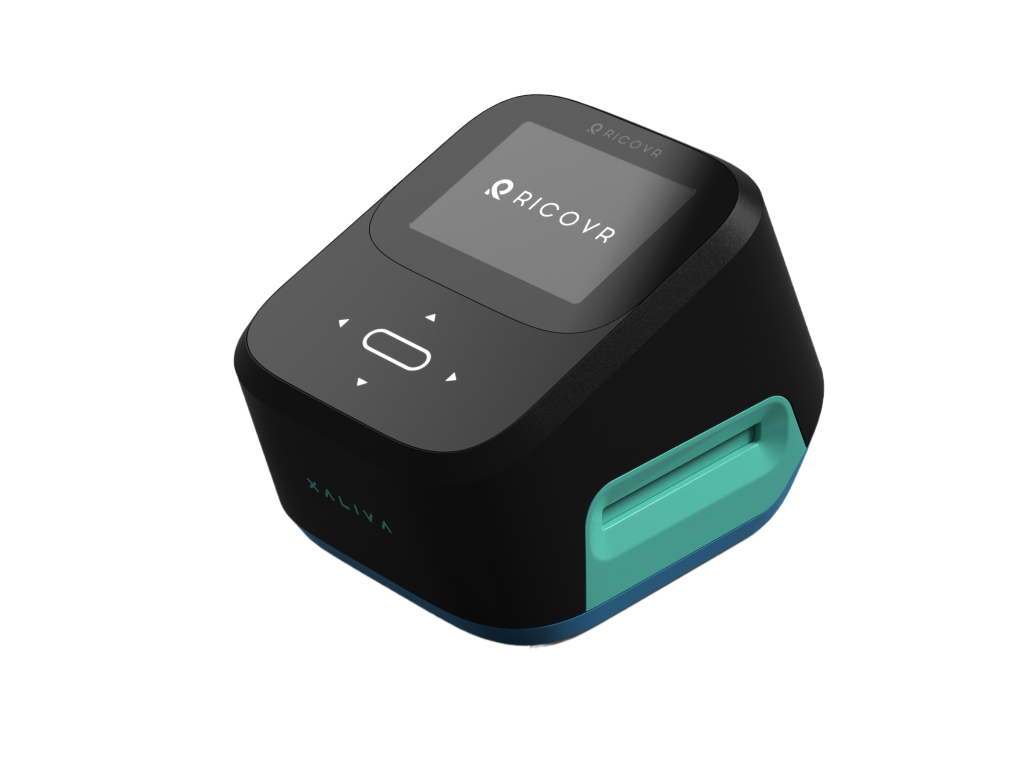The differences between saliva and breath testing for THC are becoming clear, and it’s vital for businesses to understand. The ability to provide accurate and reliable results for recent THC use is key to maintaining safety and not infringing on the rights of employees that may use marijuana legally on their own time.
Breath testing was found unreliable for recent marijuana use detection in Federal Study
A new federally funded study with the National Institute of Standards and Technology (NIST) and the University of Colorado Boulder found that even when using carefully collected breath samples and laboratory analysis, researchers found THC levels were too inconsistent to tell whether someone had smoked marijuana recently.
“THC was not detected in three post-use breath extracts, and the remainder of post-use extracts were similar to or lower than baseline extracts,” the researchers wrote. These observations, the report continues, “suggest that reproducible breath aerosol collection remains an ongoing challenge.” (1)
Saliva provides the optimal detection length for recent cannabis (THC) use detection
A recent study from the University of California San Diego measured the concentration of THC in blood and saliva over 5.5 hours post-smoking. The authors noted that concentrations of THC were more variable in blood samples compared to saliva, “supporting improved utility for saliva drug testing.” THC continued to be detectable in saliva at 4.4 hours post-smoking in 87.5% of participants, while half had fallen below a 5 ng/mL cut-off by that time. (2) This finding demonstrates the ability of saliva to provide detection at specified cut-off levels to achieve the desired detection window.
Comprehensive impairment research from Neuroscience & Biobehavioral Reviews shows that marijuana’s impairment window may last between 3-to-10 hours. As saliva testing can detect THC over a more extended period of time, it can measure THC within the entire window of impairment, whereas breath cannot. (3-5) As depicted in Fig 1 below.
Saliva can provide the optimal detection length to provide fairness to responsible cannabis users and maintain workplace safety. When considering the additional benefits of saliva as a test matrix due to its non-invasive nature and ease of collection, saliva is the ideal method for the detection of recent marijuana use during the workday.
Saliva testing is a proven technology approved by SAMHSA & DOT; Breath testing is not approved
Only three THC drug testing methods are endorsed by the U.S. federal government through the Substance Abuse and Mental Health Services Administration (SAMHSA), and only one supports recent-use detection, saliva. (6)
The Department of Transportation (DOT) also recently approved the use of saliva drug testing, and the final rule went into effect on June 1st, 2023. “The scientific basis for the use of oral fluid as an alternative specimen for drug testing has now been broadly established, and the advances in the use of oral fluid in detecting drugs have made it possible for this alternative specimen to be used in Federal programs with the same level of confidence that has been applied to the use of urine.” (7)
For real-world applications, breath testing is unreliable and provides a length of detection that is too short, which may lead to adverse safety outcomes. As marijuana legalization becomes more widespread, saliva testing is a fair, practical, and effective solution for organizations that need to detect recent marijuana use among their employees.
XALIVA® THC is your solution for workday cannabis use screening
With high accuracy, XALIVA THC provides real-time THC detection using saliva in five minutes while being the most portable and cost-effective solution to screen employees on-site for recent use within the last ten hours. Learn more about our solution here.
Sources:
- https://www.nist.gov/news-events/news/2023/05/researchers-analyze-thc-breath-cannabis-smokers
- https://pubmed.ncbi.nlm.nih.gov/34173005/
- https://www.sciencedirect.com/science/article/pii/S0149763421000178
- https://jamanetwork.com/journals/jamanetworkopen/fullarticle/2716990
- https://ndasa.com/2021/11/09/marijuana-impairment-and-drug-testing/
- https://www.samhsa.gov/newsroom/press-announcements/201910290830
- https://public-inspection.federalregister.gov/2023-08041.pdf
©2023 Ricovr Healthcare Inc.





